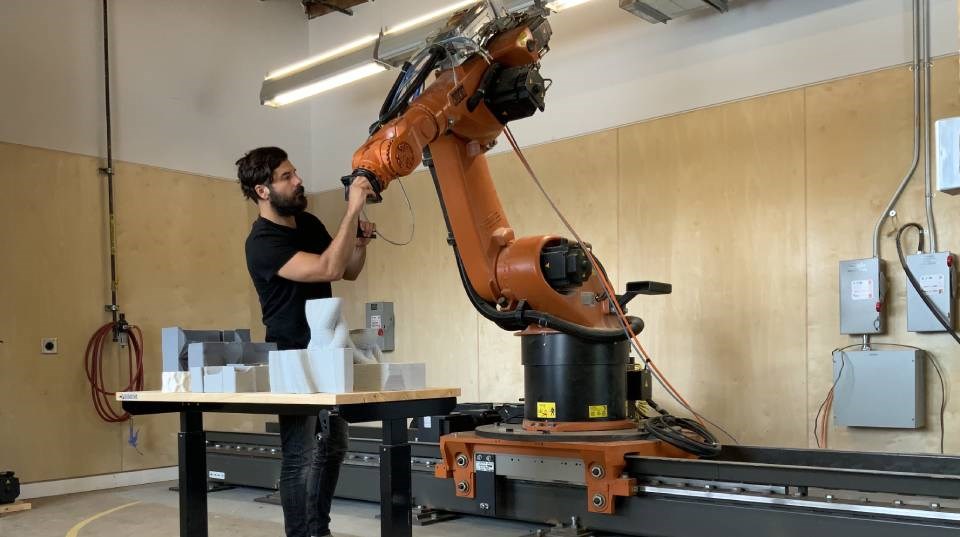Laurentian University has chosen two inaugural recipients for its newly established Kathryne Kril-Atkins and Michael R. Atkins Innovation Fellowship.
Announced on Nov. 6, the Fellowship was launched following a donation to the university by the husband-and-wife duo.
Michael R. Atkins was a long-time member of the school's board of governors, serving as chair for several years.
(Atkins was also the owner of Northern Ontario Business and Northern Life, as well as Sudbury.com, before he sold the media outlets to Village Media in 2020.)
This year's recipients are Steven Beites, an assistant professor with the McEwen School of Architecture, and Mateus Pepinelli, an assistant professor in the School of Natural Sciences.
According to Laurentian, the Fellowships “will help to foster Laurentian’s expanding entrepreneurial culture by supporting emerging areas of innovation that will not only help to alleviate societal and environmental challenges but also provide experiential learning opportunities for our students.”
Based out of the Foundry, which has dedicated entrepreneurship programming, the Fellows will mentor students and other highly qualified personnel as they develop critical skills in innovation and entrepreneurship.
Through his work with robotics, Beites wants to help introduce automation to the residential construction industry, making it easier, faster and more affordable to build housing stock. He'll work with local builders to advance automation technologies, including software and tooling to prefabricate housing panels.
More details about his work are available here.
SEE: Construction robotics technology could address housing issues in the Far North
Pepinelli's area of expertise is honey bees and the challenges they face due to climate change. He'll be developing an eDNA device to track climate-induced changes in honey bee colonies and working with Northern Ontario beekeepers to develop a series of educational workshops.
More details about his work are available here.




